
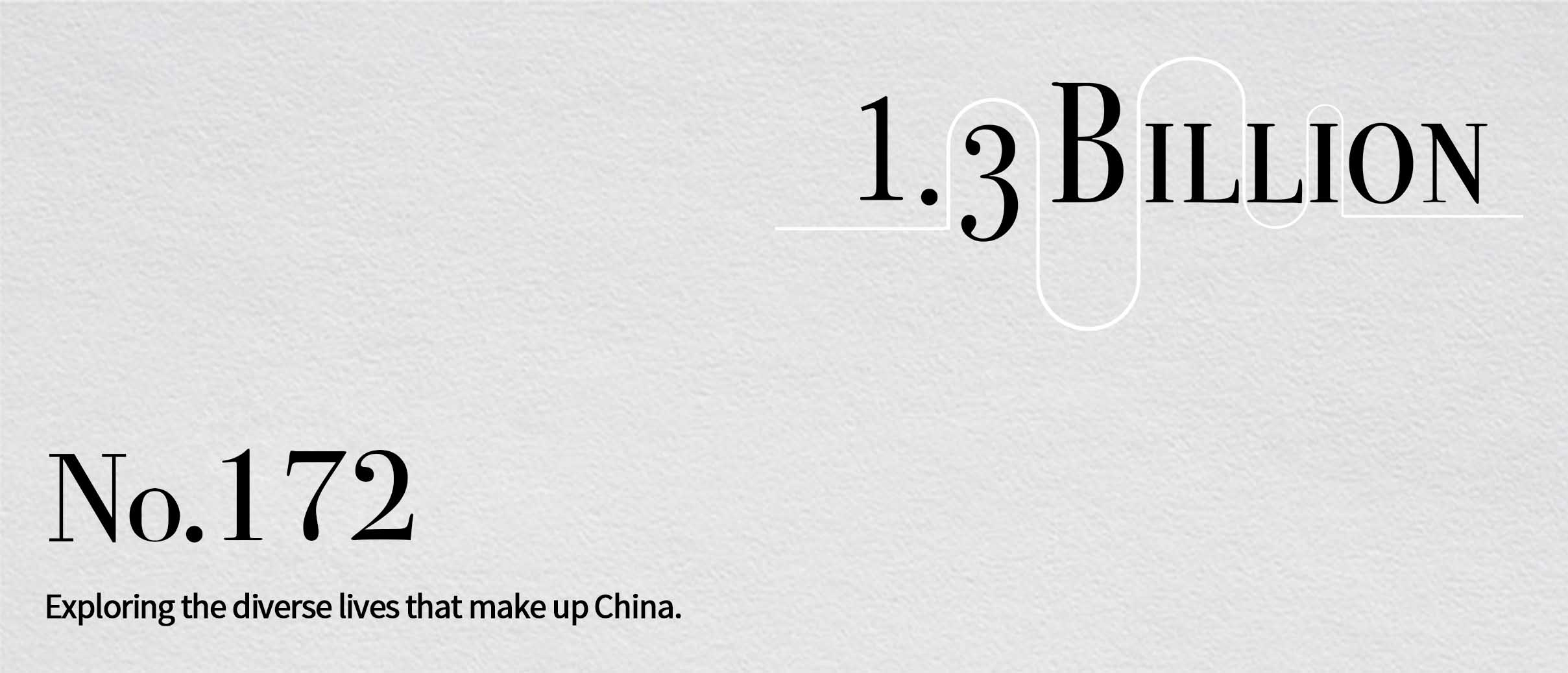
CGTN
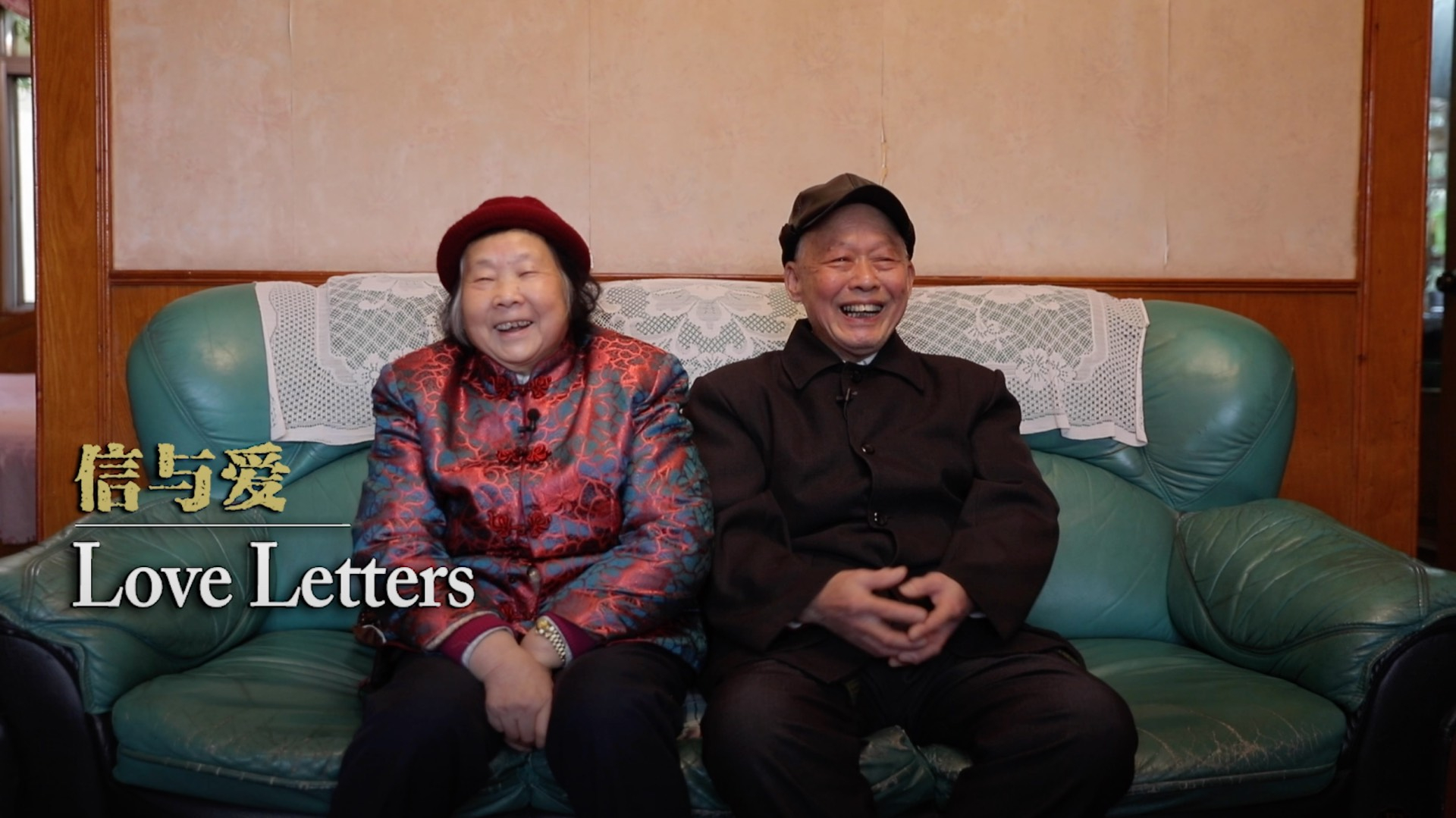
"Dear sister Shenyuan, this is the first time I write to you. Would you mind me calling you 'sister'?"
"Dear comrade Wenxiang, please don't call me 'sister' when writing to me, but you can always call me 'comrade.'"
In 1963, Tang Wenxiang went back to Changsha, the capital city of central China's Hunan Province for the Spring Festival. His brother introduced him to projectionist Huang Shenyuan.
They agreed to meet each other for a blind date with the prospects of tying the knot if it went well.
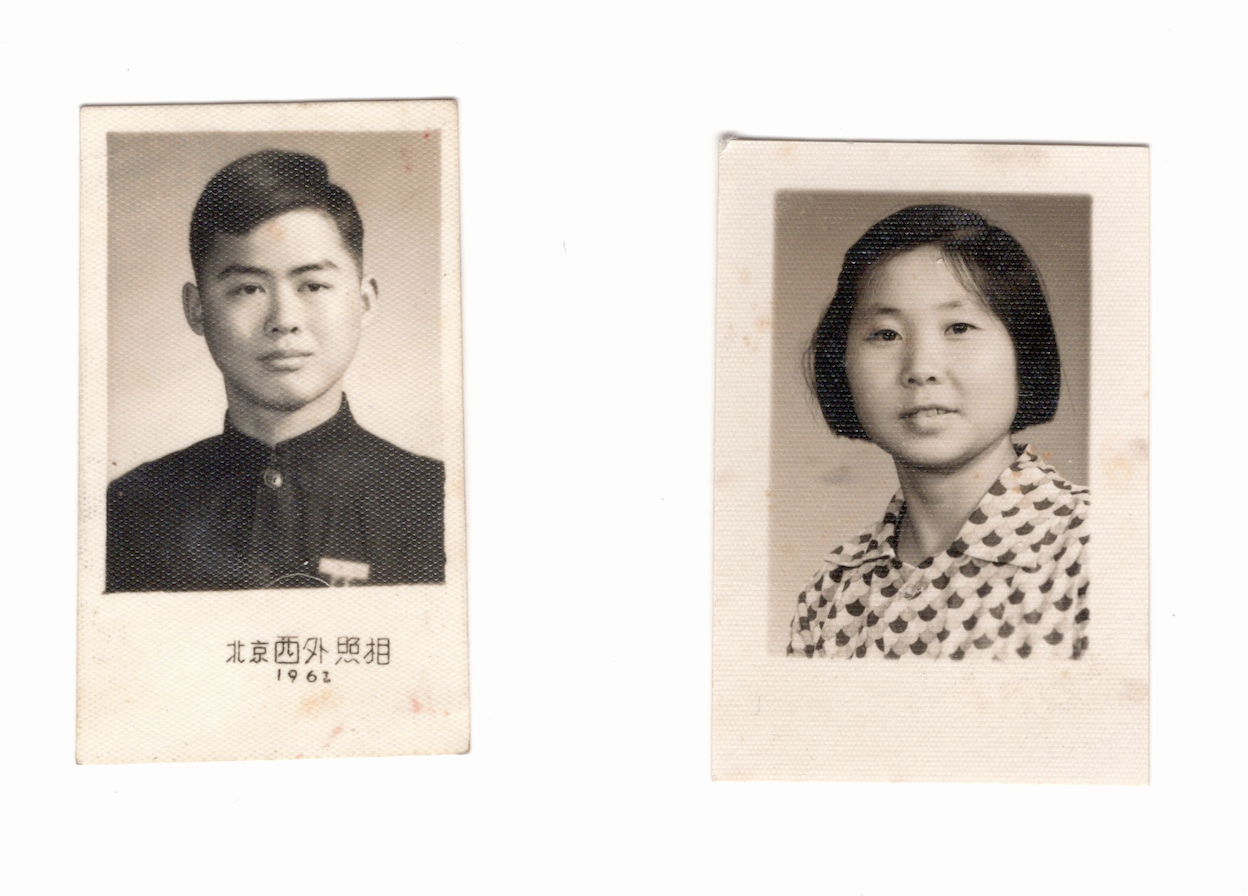
Young Tang (left) and Huang (right)
At that time, Tang was a student at the Beijing Railway College (Now Beijing Jiaotong University). "She had worked for some years and seen the world. I was the shy one who stayed in the ivory tower," Tang said.
Huang thought he made an honest impression when she first met him. "If he had been a cunning man, I would have refused him. After all, there was a potential that we could be stuck with each other for the rest of our lives," she said.
Too shy to speak, Tang didn't talk much during their first date but wrote a letter in front of Huang.
In the following nine years, they wrote 400 letters to each other. It became the foundation of their love story of more than 50 years.
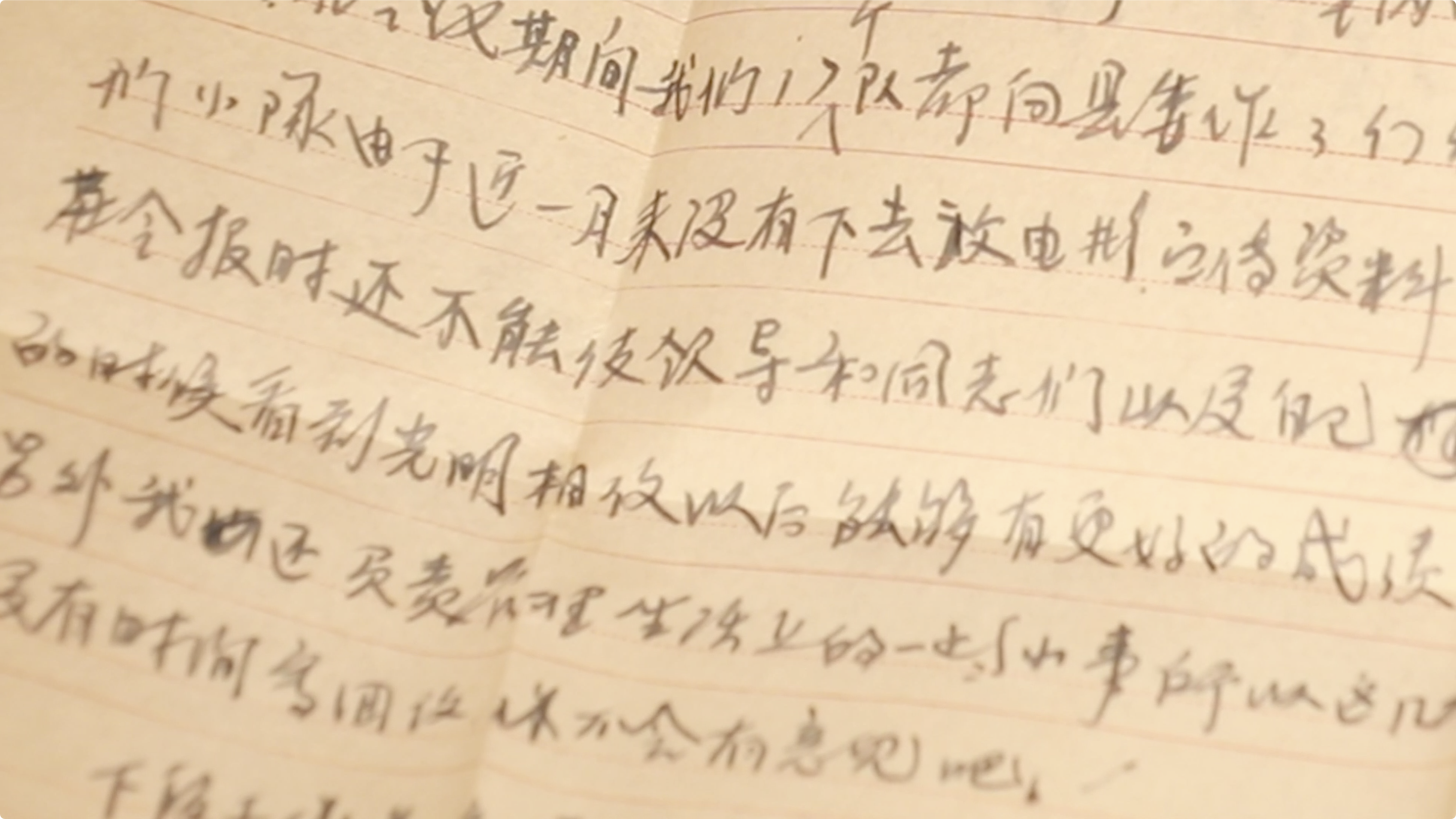
Their second date came after they had been sending each other letters for 18 months. Tang was going to southwest China's Guizhou Province for his internship. He asked Huang to meet him at the railway station.
"My train stopped at Changsha station for a couple of minutes that night. When the door opened, I jumped off and saw her right there."
"We just exchanged greetings. I gave him ten yuan. It's kind of funny looking back," says Huang.
Tang came from a low-income family. As he was still in college, Huang sent him a third of her monthly salary. "In the rural area, a meal cost ten cents. It was not too much for me," she recalls. "I usually bought an extra stamp for eight cents and put it in my letter, so that he wouldn't have to buy stamps."
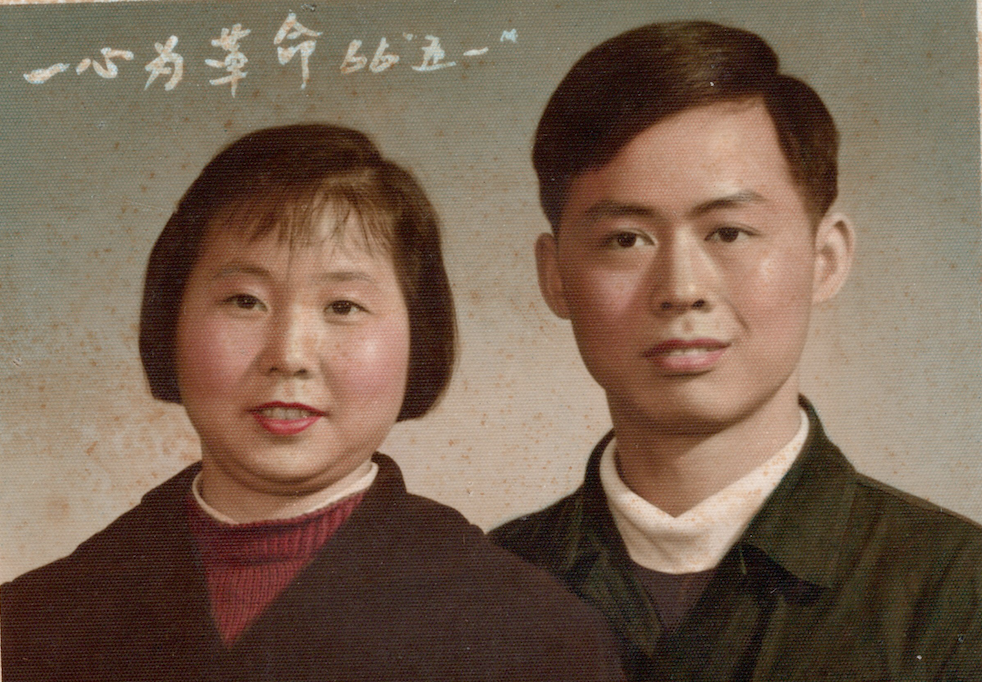
Tang and Huang’s wedding photo
After graduation, Tang got a job in central China's Wuhan City. They got married in Changsha on May 1, 1966, when they were both considered "overage" for marriage. "We spent 17 yuan on roasted chestnuts, and threw a tea party in the evening," Tang said. "We hardly purchased anything, except for two pairs of nylon socks for her. It was out of stock in Changsha."
"When I was pregnant, I was constantly sick. I could hardly sleep, and he was not there with me," Huang says. "I could not stand it anymore and even considered giving up the baby. He wrote to comfort me, saying that it was how the human body works and that I should be capable of overcoming those difficulties."
Tang was transferred back to Changsha in 1972 when their long-distance relationship for nine years finally came to an end. "We spent 17 yuan for our wedding ceremony, and he came back to Changsha on the 17th," said Huang. "I once chose this lucky number for the lottery and won a prize on my birthday."

The 400 letters are carefully preserved in two boxes separately. Eighty-year-old Tang and 81-year-old Huang still read them now and then: "We've had our hard times. But we've been fortunate to be blessed with a simple and peaceful life together."

Copyright © 2018 CGTN. Beijing ICP prepared NO.16065310-3
Copyright © 2018 CGTN. Beijing ICP prepared NO.16065310-3